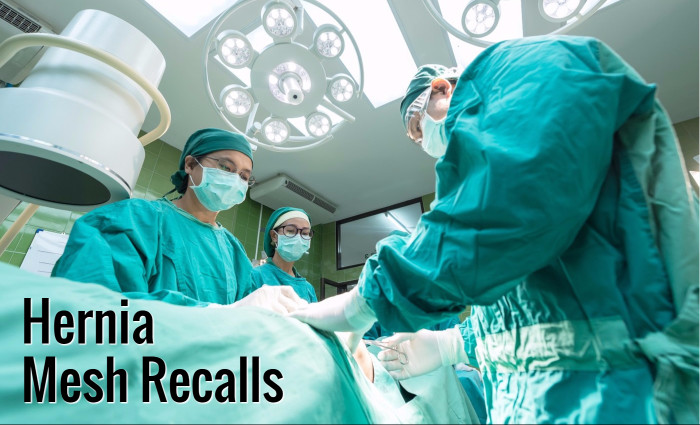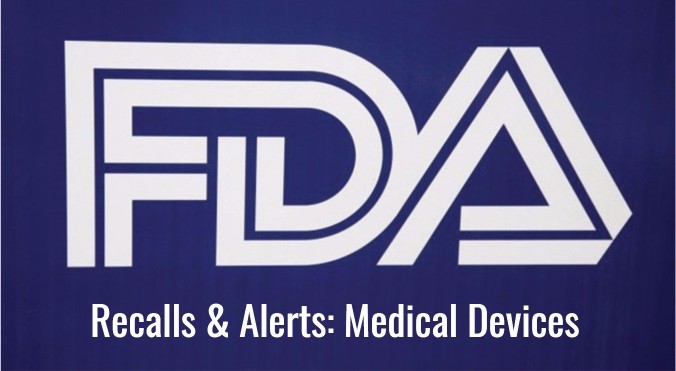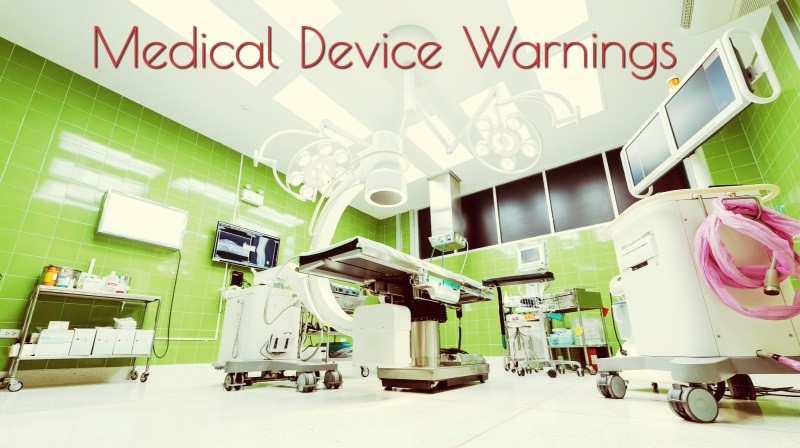
Market Growth Masks Harmful Hernia Mesh Recalls
Even as the list of complaints and hernia mesh recalls grows, so does the market for the divisive medical device.
A new report by Persistence Market Research predicts robust growth for the hernia repair device market over the next five years. It estimates that the global market for the devices will grow by 10% or more by the time we reach 2021, representing a value of around $3.7 billion.
Unfortunately, at the same time, litigation against hernia mesh manufacturers is swelling in courts around the country. Even as device makers pursue the profits of this lucrative product, legal teams are fielding complaints around the country.
Hernias occur when pressure forces an organ through the muscle or tissue that keeps it in place. They are relatively common, which means so are hernia repair procedures. Some of these repairs involve use of a surgical mesh, which is used to strengthen the disrupted muscle or tissue and hold the repaired hernia in place.
Problems arise when hernia mesh products are recalled by manufacturers, as the device is already implanted but could pose a danger to the patient it was intended to help. Potential health issues include increased chance of infection, scar tissue, internal bleeding, and even a recurrence of the hernia. Product recalls are almost inevitable for any manufacturer, of course, but the nature of the
Product recalls are almost inevitable for any manufacturer, of course, but the nature of many hernia mesh recalls sets some of them in a legal gray area.
So-called “stealth recalls” and a lack of communication with physicians who might have recommended defective products have been cited in recent cases. Meanwhile, new lawsuits continue to be filed.
Lawyers for the latest suit filed in Florida are quick to point out that the manufacturer in their case, Ethicon, actually withdrew their Physiomesh device from the market entirely. While a recall indicates an identified flaw that can perhaps be fixed or replaced, a complete withdrawal signals more serious problems. For a product that was rushed to market in 2010, Ethicon’s actions are understandably raising deep concerns about hernia mesh devices in general.
Unfortunately, the device’s high potential for profit threatens to mask the complaints associated with hernia mesh recalls. For concerned patients who have undergone hernia repairs with a surgical mesh, the FDA recommends contacting the surgeon or medical center where the procedure was completed.
If you have legal questions about a hernia mesh repair that has caused you problems, get a free case evaluation to learn if you are entitled to compensation.



